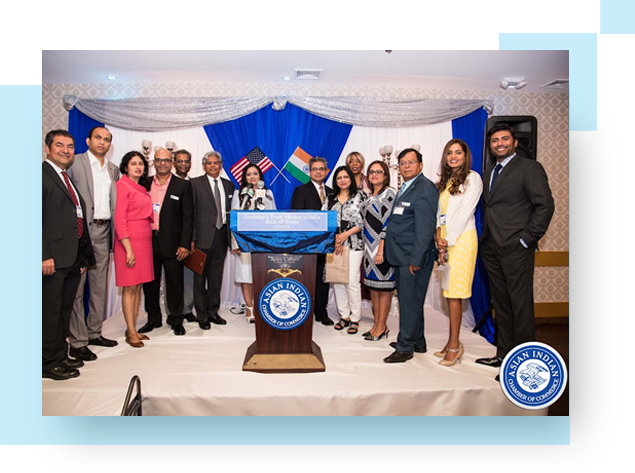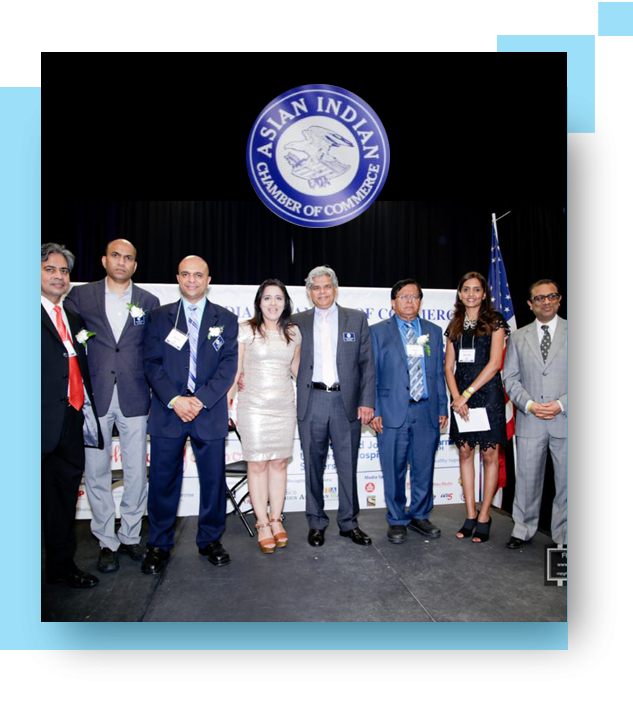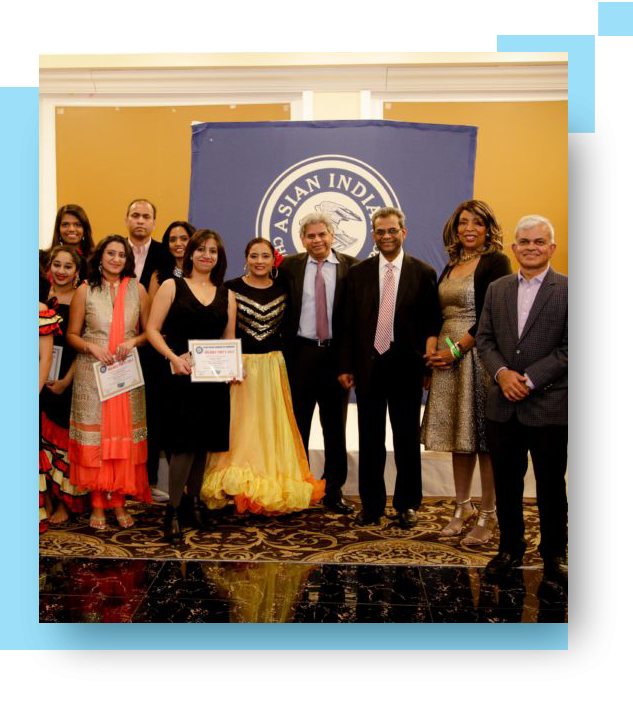Certification – AICC will partner with NJSBDC (New Jersey Small Business Development Corporation), NMSDC (NY & NJ Minority Supplier Development Council), PANYNJ (Port Authority of NY&NJ) and other certifying agencies that offer training and certification for small businesses
Industry Education – Bring awareness to meeting qualification requirements including industry expertise, innovation of services/products/goods, the capability needed to deliver, competitiveness, sound financial standing and operational and safety standards.
Networking Events – Organize Networking and Matchmaking events, Business Forums, “how to do business” workshops to learn how to participate, gain experience, learn the nomenclature and variance of degrees of supplier diversity, and how to prepare to do business effectively.
Hosting Specific Events – AICC will be involved with supplier diversity programs with major corporations that call NJ home and will host specific events, such as a half-day seminar about the company’s procurement process and upcoming opportunities, for relevant suppliers.






